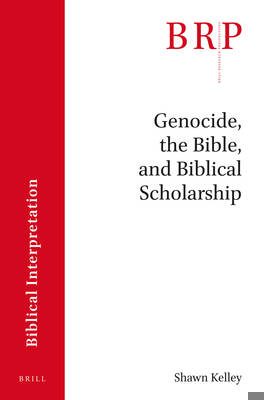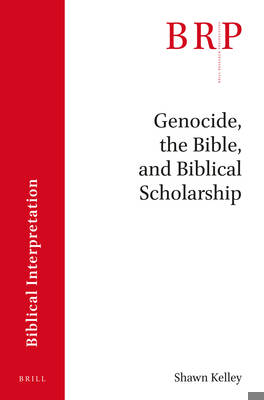
- Afhalen na 1 uur in een winkel met voorraad
- Gratis thuislevering in België vanaf € 30
- Ruim aanbod met 7 miljoen producten
- Afhalen na 1 uur in een winkel met voorraad
- Gratis thuislevering in België vanaf € 30
- Ruim aanbod met 7 miljoen producten
Zoeken
Omschrijving
Scholarship is currently engaged in a rich debate around the historical, hermeneutical and theological problems posed by the Bible's occasional yet enthusiastic endorsement of mass extermination. The article engages this ongoing scholarly conversation by way of a dialogue with the emerging field of genocide studies. Part I analyzes the scholarly debates that swirl around definitional and theoretical issues. Far from being an atavistic or irrational irruption into the ordered world of civilization, scholarship sees genocide as woven into the very structure of modern civilization. Part II and III look closely at specific biblical examples of mass extermination. Attention is paid to both ancient extermination campaigns and to textual moments where the Bible appears to endorse mass violence. The article concludes by challenging the widely held view that genocide arises out of ancient hatred and briefly sketches the wide range of ideological elements that inform genocidal thinking and practice.
Specificaties
Betrokkenen
- Auteur(s):
- Uitgeverij:
Inhoud
- Aantal bladzijden:
- 78
- Taal:
- Engels
- Reeks:
Eigenschappen
- Productcode (EAN):
- 9789004326682
- Verschijningsdatum:
- 14/07/2016
- Uitvoering:
- Paperback
- Formaat:
- Trade paperback (VS)
- Afmetingen:
- 150 mm x 231 mm
- Gewicht:
- 136 g

Alleen bij Standaard Boekhandel
+ 256 punten op je klantenkaart van Standaard Boekhandel
Beoordelingen
We publiceren alleen reviews die voldoen aan de voorwaarden voor reviews. Bekijk onze voorwaarden voor reviews.











